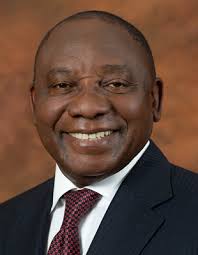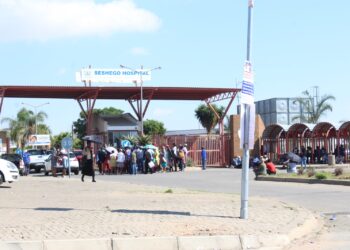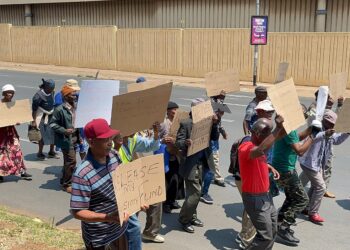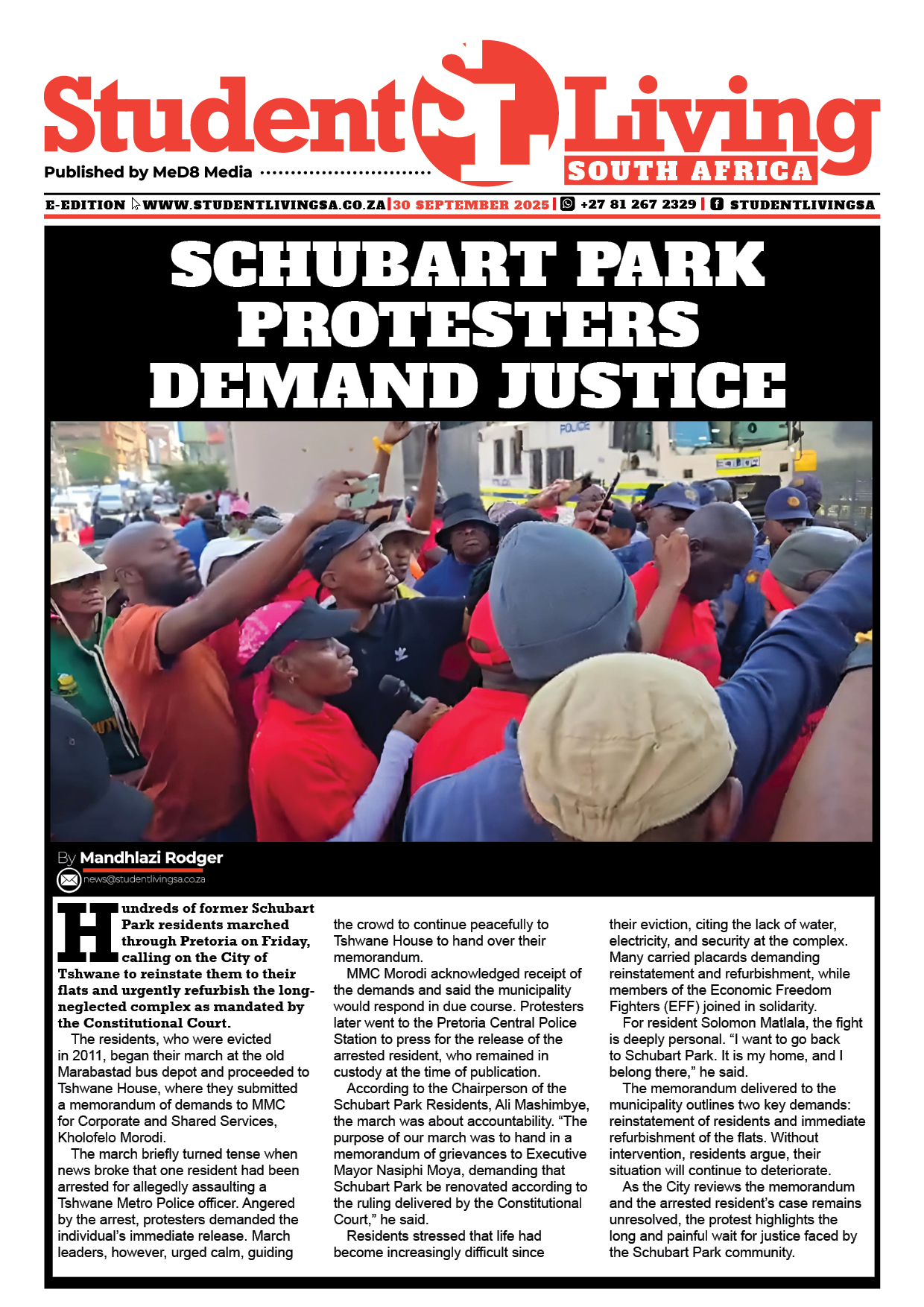By Luvolwethu Ngani
South Africa’s municipalities are buckling under the weight of corruption, mismanagement, and chronic inefficiency, according to a new report released by the State Capture and Beyond (SCAB) campaign. The findings paint a stark picture of how governance failures are undermining service delivery and deepening community hardships across the country.
The Report’s Findings
Titled Municipal Mismanagement, the SCAB report highlights systemic issues ranging from cadre deployment and procurement fraud to weak leadership and chronic underspending. These challenges, the campaign argues, have left municipalities ill-equipped to provide reliable access to water, electricity, sanitation, and other essential services.
The report warns: “Poor management of municipalities has profound ripple effects, as inadequate service delivery violates human rights and endangers lives.”
The Auditor-General’s 2024 report echoes these concerns: out of 257 municipalities assessed in the 2023/24 financial year, only 41 received clean or unqualified audits. In many cases, funds allocated for infrastructure development went unspent, resulting in stalled projects and deteriorating services.
Political and Governance Fallout
In an unexpected admission, President Cyril Ramaphosa told ANC councilors at FNB Stadium that municipalities led by the DA often perform better on audits than those under ANC control. “It is hugely painful each time the Auditor-General reports to Cabinet, that the municipalities doing best are not ANC-controlled,” he said.
The DA seized on the remarks. Spokesperson Willie Aucamp said, “The President has confirmed what communities already know: good governance is not a slogan. Municipalities should always put residents first, not only during election season.”
The EFF and ActionSA also weighed in, accusing both the ANC and DA of politicizing service delivery. “Communities don’t need admissions or excuses,” an EFF councilor in Tshwane said. “They need working taps, working lights, and roads without potholes.”
Expert Analysis
Analysts argue cadre deployment remains at the heart of the crisis. By prioritizing loyalty over competence, municipalities end up with leadership that lacks expertise to manage complex governance structures.
Professor Ntsikelelo Breakfast of Nelson Mandela University explained: “Local government is the frontline of democracy. If councilors don’t take the Auditor-General’s report seriously, the collapse of municipalities will deepen inequality.”
Civil society echoed this view. Corruption Watch described the failures as “state capture at local level,” while OUTA called for stronger accountability mechanisms to prevent chronic underspending.
Communities on the Edge
Residents are bearing the brunt. In rural provinces, many communities go weeks without clean water. In urban townships, electricity cuts and overflowing sewage have become routine. Service delivery protests have surged, reflecting mounting anger.
A Soshanguve resident who wanted to remain anonymous said delays had real human consequences: “We applied for houses in 2005. They were only built in 2022, and we only moved in this year. You can imagine what it means to wait twenty years.”
In Limpopo’s Vhembe district, community leader Maria Ramuhala said frustration was boiling over: “We march every year for water, but nothing changes. We live like we are invisible.”
Voices from Within the System
Municipal workers themselves are also struggling. SAMWU, the municipal workers’ union, said many municipalities fail to pay workers on time, leading to strikes that further disrupt services. “You can’t expect service delivery when workers are unpaid and municipalities are bankrupt,” a union representative noted.
Meanwhile, SALGA (South African Local Government Association) urged calm, saying many municipalities were working to improve. “We acknowledge serious challenges, but not all municipalities are failing. There are pockets of excellence we must build on,” a spokesperson said.
The Way Forward
The SCAB report calls for a renewed commitment to ethical leadership, stronger collaboration between government and communities, and an end to political interference in local appointments.
Without urgent action, it warns, the collapse of municipalities could erode South Africa’s democratic foundations and deepen inequality.
















